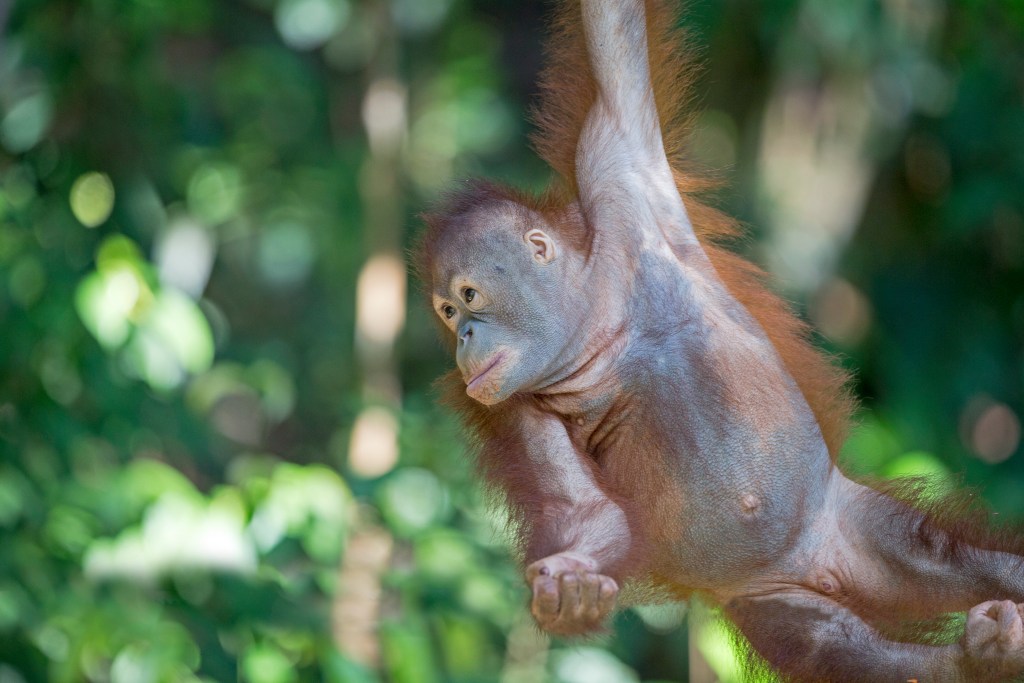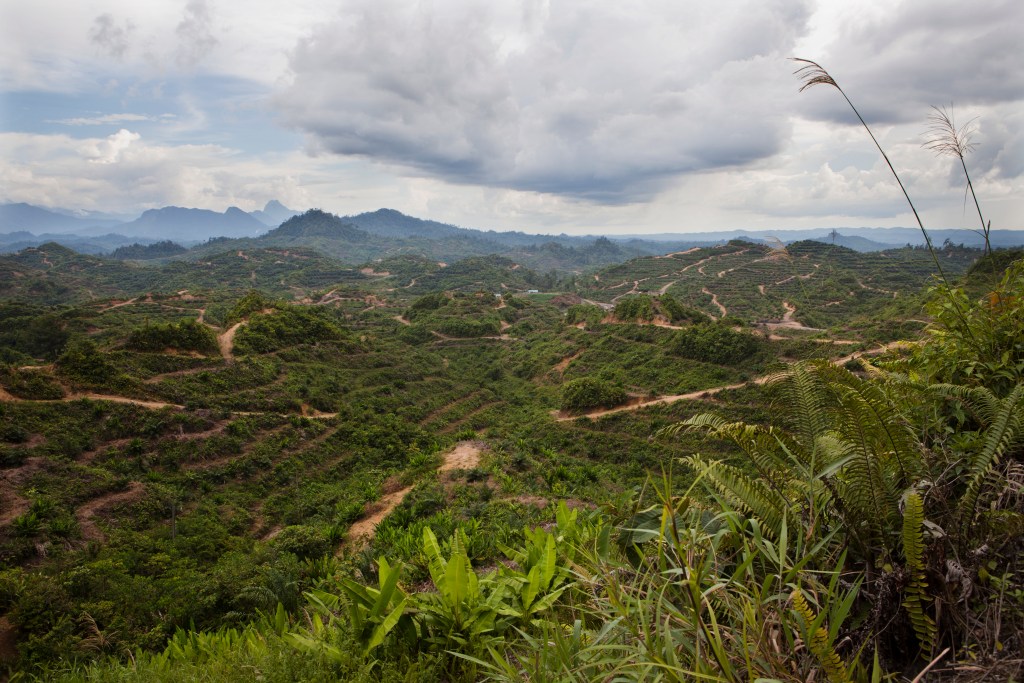Malaysia wants ‘orang-utan diplomacy’ to boost international trade

Source: BBC Earth
Many countries are not afraid to use their beloved native animals in an attempt to boost diplomatic and trade ties, but Malaysia’s plan for its orang-utans is proving to be highly contentious.
Malaysia is looking to set up what’s been dubbed “orang-utan diplomacy” to encourage its key trading partners to buy more of the country’s palm oil.
Last week, Malaysia’s Minister of Plantation Industries and Commodities Johari Abdul Ghani announced the government’s intention to create something similar to China’s “panda diplomacy” while speaking at a biodiversity summit.
“This will be a manifestation of how Malaysia conserves wildlife species and maintains the sustainability of our forests, especially in the palm oil plantation industry,” he said, according to CNN.

Malaysia is the world’s second-largest palm oil supplier. Photo: Getty
Panda diplomacy works by China sending out its famed giant pandas to zoos in other countries.
The pandas are essentially on loan and can be recalled, and the loan is symbolic of a bond between the two countries.
It is not clear when Malaysia wants to start shipping orang-utans to its trading partners, but Ghani was hopeful the palm oil industry would work with conservation groups to do so.
“Many of the world’s trading partners are increasingly concerned about the impact of agricultural commodities on the climate. Malaysia can prove to the global community that we always maintain a balance between meeting food security needs while protecting the environment,” he said on social media.
However, the idea of orang-utan diplomacy has already left some utterly outraged.
Tweet from @joharighani
Palm oil hindering orang-utan survival
Orang-utans are native to Malaysia and Indonesia and they are critically endangered, according to the World Wildlife Fund for Nature (WWF).
Hunting and the illegal wildlife trade is one reason why orang-utans are at risk, while another is habitat loss and deforestation.
“The habitats of Asia’s only great apes are fast disappearing under the chainsaw to make way for palm oil plantations and other agricultural plantations,” WWF said.
“Illegal logging inside protected areas and unsustainable logging in concessions where orang-utans live remains a major threat to their survival.
“Today, more than 50 per cent of orang-utans are found outside protected areas in forests under management by timber, palm oil and mining companies.”
Palm oil is grown throughout the world in tropical climates, but Malaysia is the world’s second largest producer.
Palm oil is primarily used for cooking, but it can also be found in cosmetics, soap, detergents and food items like ice cream, chocolate and even pizza.

The palm oil industry is one of the key drivers of deforestation. Photo: Getty
It’s versatile, has a long shelf life and a very efficient crop, but palm oil is known to be devastating for the environment.
“Palm oil has been and continues to be a major driver of deforestation of some of the world’s most biodiverse forests, destroying the habitat of already endangered species like the orang-utan, pygmy elephant and Sumatran rhino,” WWF said.
“This forest loss, coupled with conversion of carbon-rich peat soils, are throwing out millions of tonnes of greenhouse gases into the atmosphere and contributing to climate change.”
Additionally, there are the issues of exploitation and child labour within the palm oil industry.
Orang-utan diplomacy is ‘hypocritical’
The chair of conservation ecology at Duke University, Stuart Pimm, told CNN Malaysia’s orang-utan diplomacy was hypocritical.
“It is obscene, repugnant and extraordinarily hypocritical to destroy rainforests where orang-utans live, take them away and give them as gifts to curry favour with other nations,” Pimm said.
“It totally goes against how we should be protecting them and our planet.”
Ghani specifically pointed to China’s panda diplomacy, but Pimm noted Malaysia’s proposal is very different.
“China has state-of-the-art facilities for pandas and, more importantly, has established protected areas that safeguard wild panda populations,” he said.
“What Malaysia’s government is proposing is hardly anything comparable.”







